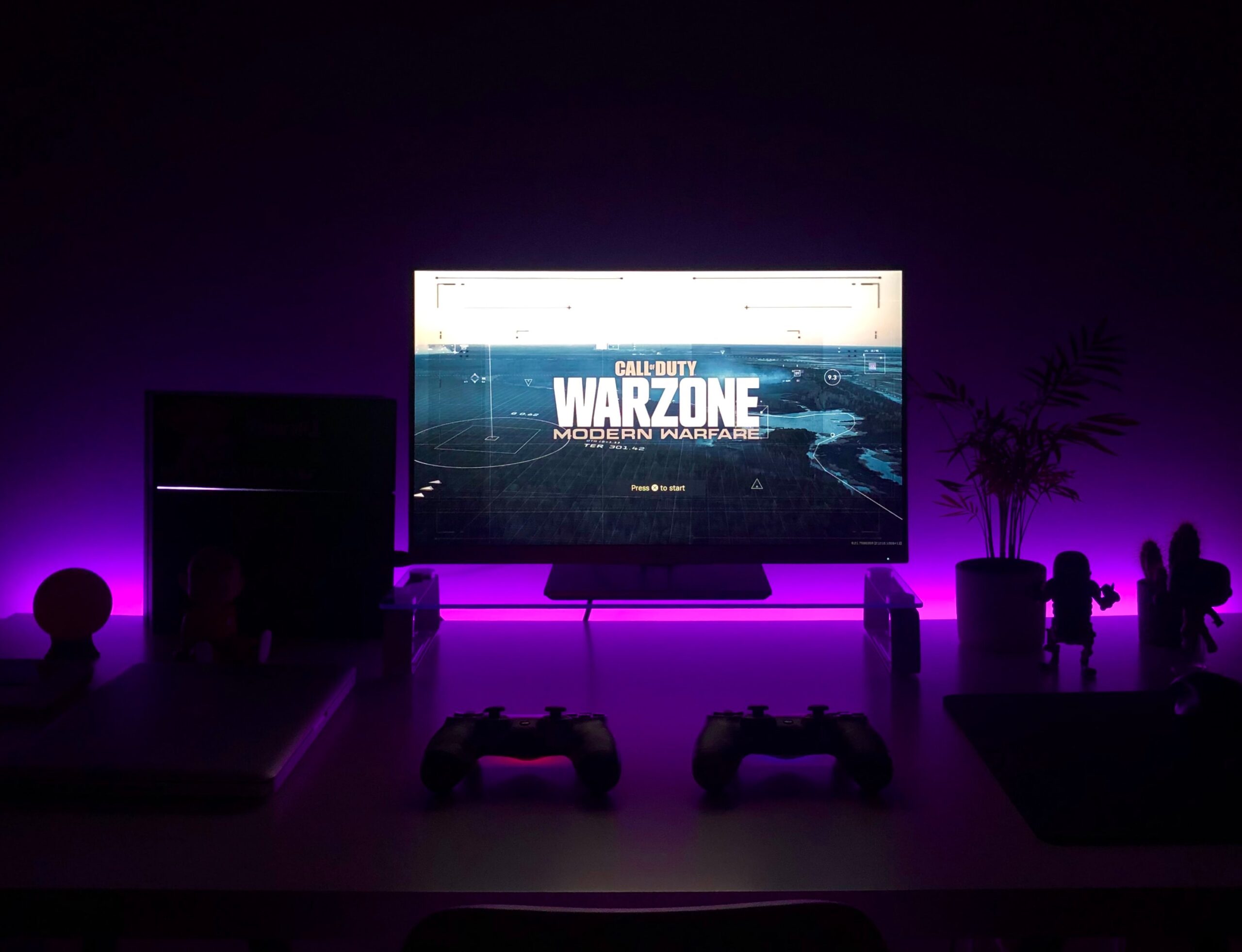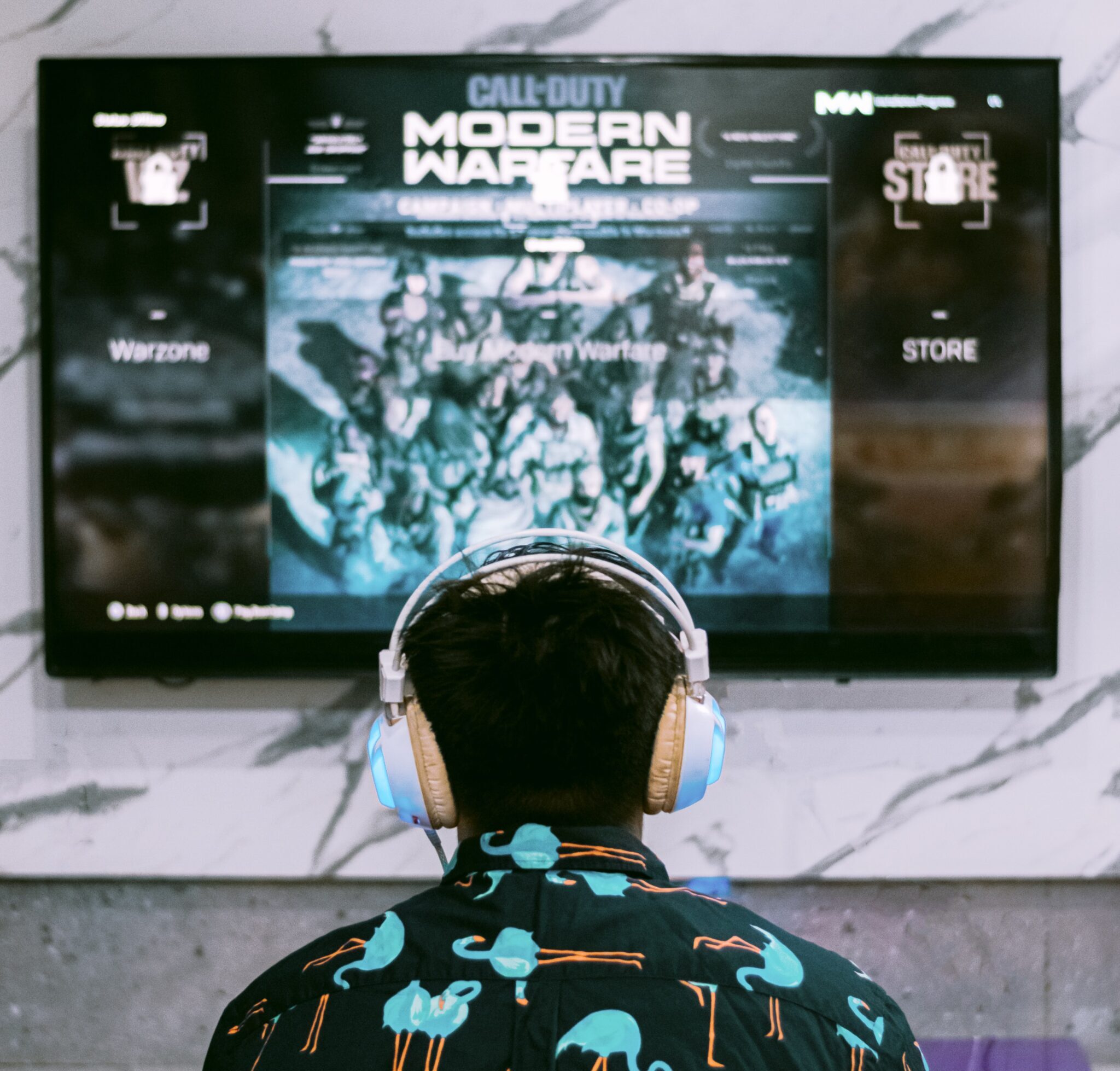Microsoft is gearing up for the future with Activision Blizzard. What’s left for Sony? A Playstation fan thinks out loud – and starts dreaming.
The announcement came as a gigantic surprise to the industry, and quicky spread like wildfire. Microsoft is buying publisher Activision Blizzard for nearly $70 billion! Or rather intends to buy because even though the two partners may already be in commercial agreement, the final word from the authorities is still pending. This would mean that the Windows and Xbox group would not only own powerful licenses like Call of Duty but also World of Warcraft, Diablo, all the former titles of cult developer Sierra, the mass phenomenon Candy Crush and even PlayStation icons like Crash Bandicoot and Spyro the Dragon. Phew, that’s a lot to take in as a Sony gamer….
Microsoft on a shopping spree
As someone who has been loyal to Sony since the very first PlayStation and first fell in love with videogames through Final Fantasy VII, this is crass news. After buying Zenimax last year for a whopping seven billion dollars, Microsoft already owned 23 developer studios. With the purchase of Activision Blizzard some very important additions had been made, but, Microsoft has also been on a buying spree in the years preceding this.
The purchase of studios began in 2001 when the company acquired Turn 10 Studios responsible for the Forza series which is now an integral part of the Xbox portfolio. Only one year later the takeover of the legendary studio Rare caused something of an earthquake among Nintendo fans. After all, the studio was responsible for classics like Goldeneye, Conker’s Bad Fur Day and the Banjo-Kazooie series. Fans feared that after this takeover no more titles from Rare would appear on Nintendo platforms in the future – and they were (almost) right. Except for a few titles for the Game Boy Advance until 2005 Rare then exclusively produced games for the Xbox and since 2018, also for Windows. The studio has not yet been able to continue its previous successes. The sequels to well-known Rare franchises like Banjo-Kazooie: Nuts & Bolts only achieved average ratings, and the re-releases of games that were already released on the GameCube were also disappointing in terms of sales figures. As a result, Microsoft decided to restructure in 2009. Many employees had to leave the studio and Rare developed games for Microsoft Kinect in the meantime. Even though Sea of Thieves (no longer for Kinect), which was released in 2018, sold over two million copies again, Rare was never able to regain its former glory.
Why so much detail at this point? Because for many gamers the case of Rare exemplifies a narrative that goes something like this: an all-powerful corporation buys a cult studio and destroys it. However, it wouldn’t be fair just to generalise. Not all studios disappear into insignificance after a takeover. Double Fine just proved that with Psychonauts 2. The title was first announced at the Game Awards in 2015 and finally came out in 2021 – despite or rather because, of the takeover by Microsoft in 2019. Many fans of the first part already feared that the game would never be released. But it did appear, and it was a success. Double Fine was able to maintain its identity despite the takeover.
Other studios that Microsoft added to its portfolio over the years: 343 Industries (Halo), Mojang Studios (Minecraft) and Obsidian Entertainment (Knights of the Old Republic 2) to name a few. These studios had previously developed for different platforms. But now they were still fulfilling their old obligations to Microsoft’s competition when Deathloop for example was released exclusively for the PlayStation 5 for the time being Xbox head Phil Spencer announced that some big franchises like The Elder Scrolls will be released exclusively for Microsoft systems in the future. Many games will probably also find their way into Gamepass and thus be available to subscribers at no great additional cost. Of course, this has potential, but also risks. But more about that later.
Microsoft is now the number three games publisher
The acquisition of Activision Blizzard would make Microsoft the third largest games publisher in the world. Sony and Tencent are still ahead of Microsoft. No reason for Sony fans to worry, right? Well, it depends. Sony is currently still ahead of Microsoft and Sony-owned studios like Guerilla Games (Horizon Zero Dawn) or Santa Monica Studios (God of War) also produce excellent exclusive titles that sell millions of copies worldwide. Still, for the Playstation platform the loss of big franchises like Call of Duty could be problematic. The main concern here is: will Sony Playstation players continue to have access to Microsoft titles in the future?
Again, We’re waiting for the last word on this. Just because Activision Blizzard is now part of Microsoft doesn’t automatically mean that no game from the publisher will ever appear on Sony’s console again. After all, Sony’s God of War was recently released for PC. And Activision titles could also appear for the PlayStation in the future. The only question is… which ones? The omission of a major franchise like Call of Duty could already lead to many people, especially those who only play one or two blockbuster titles or only occasionally, switching to the Xbox. And even if Call of Duty doesn’t become Xbox-exclusive, including the series in Xbox Gamepass would already ensure that many people will at least consider switching in the future. At around 80 Euros for each new Call of Duty released every year vs. the low, constant subscription fees for the Microsoft Gamepass, this is quite understandable.

Is the Microsoft Gamepass the future?
So, Microsoft is continuously expanding its Gamepass. But is the subscription model the future of gaming? It’s risky to make a contrary prediction here, as analysts largely agree that the answer can only be “yes”. But, this is exactly where the worries of many gamers begin, especially old-school gamers and Playstation fans.
They also like it when older games find their way into the Gamepass and are kept alive and made accessible to new generations. But there is also another side to the coin: what about the elaborate new productions? Here, the Netflix effect could loom – what does well is eternal, what doesn’t do so well and doesn’t have a big license in the background is quickly cancelled. To stay with the Netflix example, many series that I liked very much have already fallen victim to this purely commercially oriented strategy. In the future, a game or a brand will no longer have to prove itself only within its perhaps somewhat “niche” target group, but always as a functioning, “useful” component of the Gamepass. So, in the future, the question might no longer be “Does Game XY Part 3 go down great with its target group and sell there according to expectations?” But “Is it worth integrating Franchise XY into Gamepass, does it support our growth strategy?” As a result, bold projects might not even have a chance in the future. And many a franchise only became great through a fair amount of courage and the loyalty of the fans. A good example of this is From Software. While hardly anyone was interested in the PlayStation 3 release of Demon’s Souls in the West, the developer made a breakthrough in the West with its spiritual successor Dark Souls and the studio now has one of the most loyal fan bases. Would Dark Souls have ever seen the light of day if the predecessor Demon’s Souls had only been available in Microsoft Gamepass and hardly anyone had played it there? Probably not.

What can Sony do?
Among its supporters, there were calls for Sony to buy studios and offer an alternative to Gamepass, at the latest after the Activision deal. That could work. After all, Steam, GoG and the Epic Store also coexist with a similar offer and mostly even with the same games. However, I don’t think it’s a good idea to simply copy Microsoft. Maybe I’m old-fashioned and part of a dying generation of gamers, but I grew up with physical hardware and physical copies of games, and I want to be able to stick with that.
If there’s something like Gamepass, why do I even need a console anymore? After all, with GeForce NOW, for example, I could just play my games via app on my TV or even my smartphone. For many, this is the future. As intriguing as the thought of always having millions of games available without any special hardware is, I have to say for me in all honesty that I don’t need all that. Over the years, I have collected 100s of titles in my library as a PlayStation Plus subscriber. I have played very few of them. They simply don’t interest me. Even a good Gamepass alternative from Sony wouldn’t change that. For me, quality has always been more important than quantity. I’m clear that I won’t buy a new Xbox. Not for the Gamepass and not for the Activision Blizzard titles.
Sony could be the slightly different alternative to Microsoft in the future. With a focus on intriguing single-player experiences instead of “Games as a Service” and with well-stocked physical releases instead of subscription and app – or at least the latter only as an alternative. Personally, a God of War and a The Last of Us are more important to me than the entire Gamepass. And when it comes to new studios, Sony is welcome to buy From Software anytime. And a few more like that. Whether this can be a successful path for the future, I have no way of knowing, and most analysts will just shake their heads mildly here. But dreaming must be allowed. After all, what would video games be without dreams and the dreamers? Quite a sad affair, summarisable in a few Excel spreadsheets. And in a world like that, I wouldn’t want to be a gamer. [ms]
Matthias Schneider (32, PR bei Ranieri)Mein Gamer-Hintergrund:
Begonnen habe ich meine Gamer-Karriere in der 16-Bit-Ära mit einem Sega Megadrive, also noch lange bevor Microsoft auf den Konsolenmarkt drängte. So richtig los ging es für mich aber auf der PlayStation und mit Final Fantasy VII. Der Moment, als ich dieses Spiel zum ersten Mal erlebte, war für mich der Moment, in dem ich mich definitiv in das Medium Videospiel verliebte. Seitdem halte ich Sony die Treue und habe jede folgende PlayStation bereits zum Release besessen.
Im Juni 2017 habe ich mein Volontariat bei Ranieri angefangen und betreue dort die Kunden Bosch, Kensington, NVIDIA, PUGB, Quantic Dream und realme. Da mir Games und Technik schon immer sehr am Herzen liegen, habe ich mich im Profil der Agentur sehr gut wiedergefunden.

